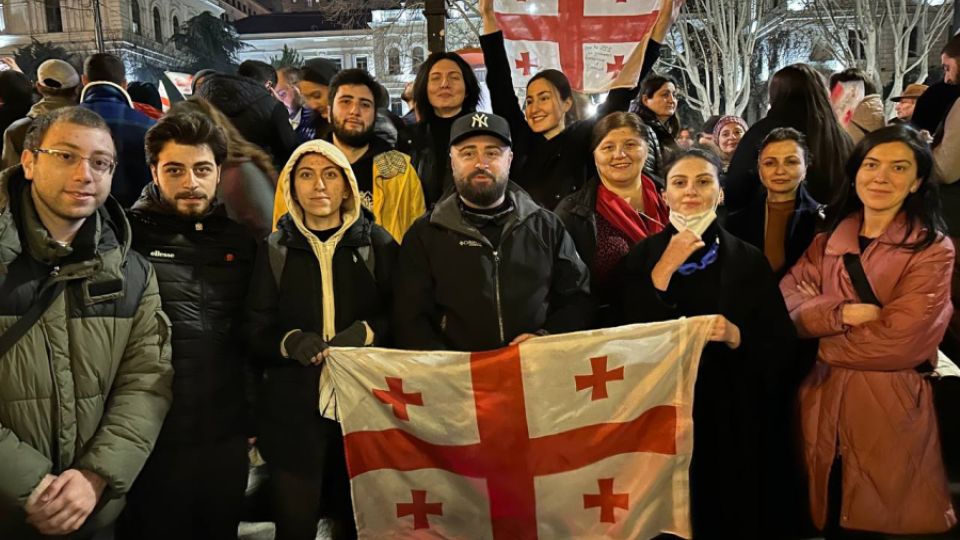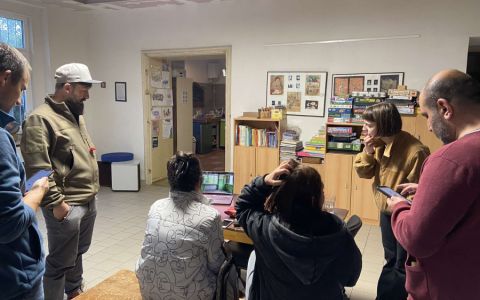Georgians took to the streets of Tbilisi in the first half of March to demonstrate the so-called foreign agents' law. The ruling parliamentary party, Georgian Dream, passed the law during its first reading. The law would require organizations that receive more than 20% of their funds from abroad to register as "agents under foreign influence."
European support to the protesters
Georgian civil society representatives and opposition politicians have criticized the legislation. International organizations, including the Council of Europe, of which Georgia is a member, and the European Union, have also expressed deep concern. Under the law, organizations identified as agents under the foreign influence would have to submit to scrutiny by the Ministry of Justice. They would face heavy fines for non-compliance. According to the authors, the law was necessary for transparency in the work of institutions funded by representatives of foreign countries. Critics said it was an attempt to pacify civil society in the style of the Russian Federation.
The streets and parliament became a battlefield
The civil unrest lasted several days. Georgian police cracked down hard on demonstrators, using rubber bullets, tear gas and water cannons. Dozens of people were arrested. Our partners from Green Pole also fought in the streets for their rights, and there was also fighting in the Georgian Parliament. Members of the ruling Georgian Dream attacked opposition MPs. In particular, the chairman of the Legal Affairs Committee, Anri Okhabashvili, slapped the leader of the United National Movement, Levan Kchabeishvili. While the leader of the opposition was taken away, the chairman of the committee went unpunished.
The president supported the act critics
Georgian president Salome Zurabishvili supported the demonstrators from the US, where she was visiting the United Nations at the time. “I am with you because you represent free Georgia! No one has the right to take away your future,” she told the citizens from the Statue of Liberty. “No one has the right to put traps in your way. This law, which nobody needs and has no reasonable reason unless ordered from Moscow, must be unconditionally repealed,” she added.
People fear the “Russian way”
Protesters did not like the idea that the ruling Georgian Dream party was moving towards authoritarianism in the style of Russia, where a similar law has been in place for more than 10 years. The Russian authorities have been cracking down on civil society and independent media. Critics have also feared that the law could jeopardize Georgia's possible entry into the European Union and NATO. Georgia does not yet have EU candidate status and must make the necessary reforms to achieve this.
Arnika fully supports the Georgian people's efforts to achieve a free society where their rights are not slowly eroded. We are proud that our Green Pole partners have participated in the successful resistance against a law that would have sent their country on a trajectory that has led the Russian Federation to its current state of civil society strangulation.







